March 2013
The Last Light Breaking
22/03/13 14:34
Nick Jans: The Last Light Breaking: Living Among Alaska’s Inupiat Eskimos (Anchorage: Alaska Northwest Books, 1993)
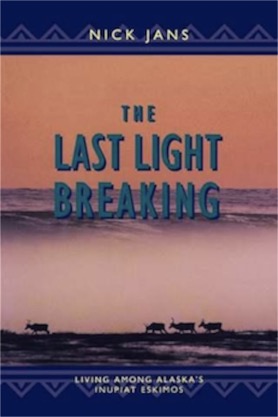
I’ve been reading books about Alaska as a way of dreaming about a trip that I may one day take. I have long thought of Alaska as an amazing place and I have imagined that I might visit a place where there are few people. What I know from Nick Jans book is that it is unlikely that I will be able to get away from people even in remote areas of Alaska. But it also reminds me that the people I might meet in the place were there are fewer people are remarkable indeed.
The John McPhee Reader
18/03/13 17:55
John McPhee, The John McPhee Reader (New York: Farrar, Straus and Giroux, 1974)
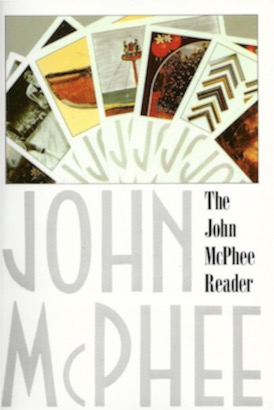
This is definitely not the last of John McPhee that I will be reading.
Totem Tales
08/03/13 18:23
E.C. (Ted) Meyers, Totem Tales: Legends from the Rainforest (Surrey, B.C., Canada: Hancock House, 2005)
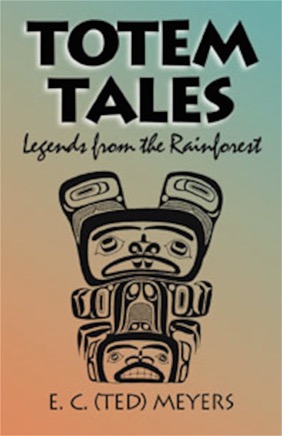
The book does not give any biographical information about Ted Meyers, but I suspect that he is a collector who has spent time with several different tribes. Each tale is identified by the tribe from which the legend has come. It is unlikely that Meyers speaks the dialects of all of the different tribes whose tales appear in the book, so there has been some translation before he learned the stories. Like all stories, they probably have lost some of their meaning in translation. Nonetheless the book remains interesting and a joy to read.
it is another great addition to our collection of indigenous stories and legends.
Alaska Wilderness
04/03/13 18:13
Robert Marshall, Alaska Wilderness: Exploring the Central Brooks Range (Berkeley: University of California Press, Third Edition, 2005)
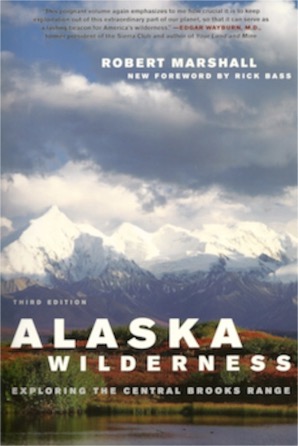
What shines through after all these years is Marshall’s love of being outdoors in the wild places, his ability to survive when hundreds of miles away from other humans, his skill at working with partners both human and animal, and his respect for the land. The book is a treat from beginning to end. His joy radiates from his vivid descriptions of the places he has visited.
The book only makes me more eager to plan a trip to Alaska. And it reminds me that I won’t have seen the state until I get out of the car and walk out of sight of the places most tourists visit.
Real Man Adventures
04/03/13 18:00
T Cooper, Real Man Adventures (San Francisco: McSweeney’s Books, 2012)
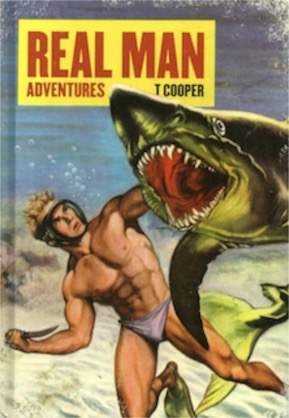
The question that I pondered as I read, which is discussed in one chapter by Cooper is when does an individual cease being in transition and just become a single gender. Is it when the hormone therapy has done its work and secondary sexual characteristics have changed? Is it when the name and the pronoun changes? I guess for me it seems that once a person has made the transformation in the public eye, from my perspective I have no way of knowing that he or she is “trans” nor do I need to know. The intimate details of another person’s anatomy are not for me to know. I don’t need to have the details. I am comfortable in relating to the person as presented to me.
Still, it is valuable that Cooper has shared so intimately so that the rest of us might gain a degree of understanding and increase our ability to accept others.
The New Jim Crow
04/03/13 17:52
Michelle Alexander, The New Jim Crow: Mass Incarceration in the Age of Colorblindness (New York: The New Press, Revised Edition, 2012)
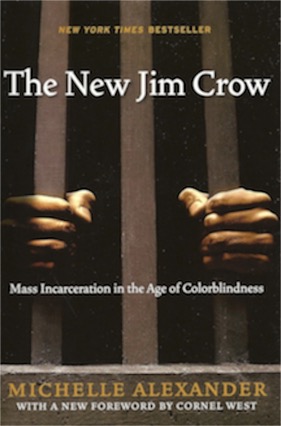
I highly recommend this book. My copy is going to be donated to our church library in the hopes that more people will read it and become aware of its challenging and frightening conclusions.
Search Sweet Country
04/03/13 17:23
Kojo Laing, Search Sweet Country (San Francisco: McSweeney’s Books, 2011)
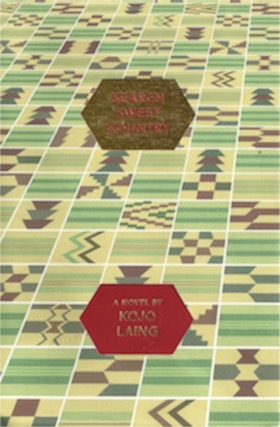
Kojo Laing’s novel, Search Sweet Country is an excellent example of an English language work from Africa. Set in Ghana, the story provides a wndow on the culture of the country as well as weaving a delightful story. Some of the long sentences almost beg to be read out loud to capture a different way of speaking than is my common mode. The novel, while definitely written language reflects a spoken style that is delightful and a bit challenging for the reader. This is a novel worth putting on the shelf to read again. There are all kinds of details that are easy to miss on a first reading. Originally published in 1986, it is a real gift for McSweeney’s Books to to bring it back to the attention of the American audience.